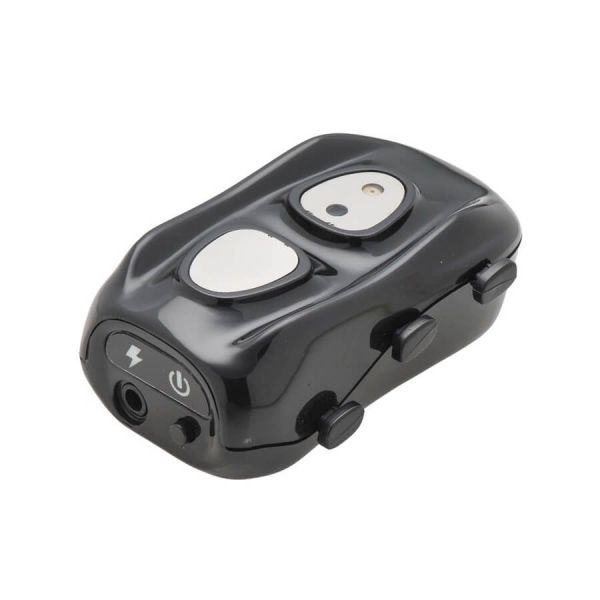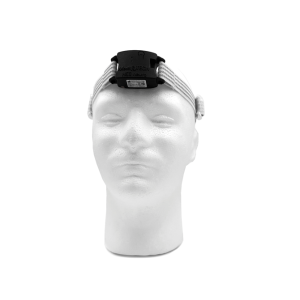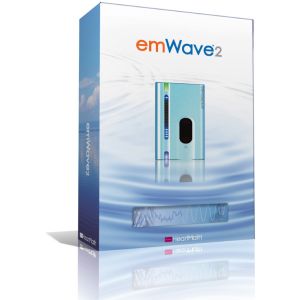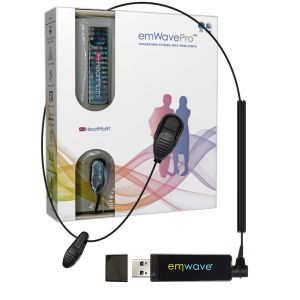We use cookies to make your experience better. To comply with the new e-Privacy directive, we need to ask for your consent to set the cookies. Learn more.
eVu TPS - Triple Physiological Sensor
- Compact and light-weight fingertip sensor
- Heart rate variability, skin conductance, temperature
- Smart eVu Senz app for Android and iOS
- Easily track client compliance and progress
In Stock
Portable Bluetooth biofeedback monitor and trainer. Breathing to de-stress, calm the body, focus the mind, relax and recover have never before been any clearer than with eVu TPS and eVu Senz app. Not only does it guide the user with a breathing pacer, but it also scores the body’s response to the breathing exercise based on the biometric data transmitted from the eVu TPS sensor.
Compact and light-weight, the eVu TPS is an elegantly portable sensor that brings biosignal data measurement out of the clinic and into your client's Android smartphone and tablet.
Applied to a single finger with a fabric strap, the sensor detects and transmits three highly-researched measurements of psychophysiological health: heart rate variability, skin conductance and surface temperature. Data transmission takes place in real time via Bluetooth to the companion app, providing the user with both an accurate and immediate gauge for stress, focus, relaxation and recovery. Included with the eVu TPS sensor is the carrying case, ensuring the sensor is protected wherever it goes in the user's pocket, purse or side bag.
eVu Senz App Features
- Feedback - Three tiers of feedback, including music, graphics and reward points.
- Biosignals - Heart rate variability, skin conductance and temperature metrics expressed as easy-to understand values.
- Data artifact detection - Artifact detection ensures user is informed when movement artifact is present in real time.
- Modifiable breath pacer - Appropriate to the needs of any user, whether they are novices to paced breathing or experts practicing at their resonant frequencies.
- Rewards for your progress - Point-based training program that automatically tailors success appropriate to the user's skill level.
- Save now, review later - All training data saved, enabling user and clinician review for effectiveness and compliance.
- Session durations - Can be as short at 5 minutes or as long as 60 minutes.
Download eVu Senz App from Google Play
Download eVu Senz App from iOS App Store
The Body & Mind App also works with the TPS device and can be used in conjunction with the HEG Neuro nIR Headband (Sold Separately)







